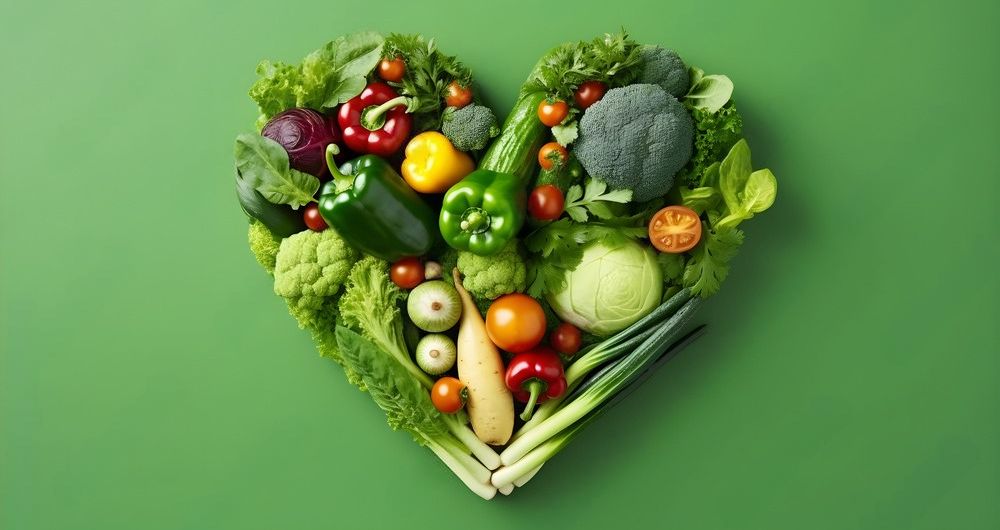
The Role of Protein in a Balanced Vegan Diet: Insights from Evr Fit Edge
Switching to a vegan diet offers a wealth of health benefits, including increased energy levels, improved digestion, and a reduced risk of chronic diseases such as heart disease and diabetes. This diet emphasizes whole, plant-based foods that are rich in essential nutrients and antioxidants. However, one of the most common concerns among those transitioning to a vegan lifestyle is ensuring adequate protein intake. Understanding the role of protein in a balanced vegan diet is key to maintaining overall health and wellness.
Why Protein Matters
Protein is an essential macronutrient that plays a vital role in various bodily functions. It is the building block of muscles, skin, enzymes, and hormones, and supports the immune system. Additionally, protein helps repair and build tissues, which is crucial for recovery after exercise or injury. For vegans, meeting protein needs is crucial to ensure that these processes occur efficiently. Without sufficient protein, one might experience fatigue, muscle loss, or a weakened immune response.
Finding Protein in a Vegan Diet
The good news is that numerous plant-based sources of protein can fulfill your daily requirements. Here are some staple options
• Legumes and Beans: Lentils, chickpeas, and black beans are not only rich in protein but also high in fiber, promoting digestive health and helping to maintain blood sugar levels. They can be used in soups, stews, salads, and even as meat substitutes in burgers and tacos.
• Tofu and Tempeh: These soy-based products are versatile and can be used in a variety of dishes to add both protein and texture. Tofu can be scrambled, grilled, or blended into smoothies, while tempeh brings a nutty flavor and can be marinated and baked for added taste.
• Quinoa: This ancient grain is a complete protein, containing all nine essential amino acids, making it a valuable addition to any meal. It can be served as a side dish, mixed into salads, or used as a base for a hearty grain bowl.
• Nuts and Seeds: Almonds, chia seeds, and hemp seeds are excellent for snacking and can be incorporated into meals for an extra protein boost. They are also high in healthy fats and vitamins, making them a nutritious choice for enhancing meals or snacks.
Vegan Protein Powders as a Convenient Option
For those struggling to meet their protein needs through whole foods alone, vegan protein powders present a convenient solution. Evr Fit Edge offers a range of high-quality vegan protein blends that are both nutritious and delicious. These powders are typically made from peas, rice, hemp, or soy, providing a concentrated source of protein that can be easily added to smoothies, oatmeal, or baked goods. Their versatility makes them a great choice for busy individuals who need a quick and efficient way to up their protein intake.
Tips for Ensuring Adequate Protein Intake
1. Plan Your Meals: Include a source of protein in each meal and snack to distribute your intake throughout the day. This helps maintain energy levels and supports muscle repair and growth.
2. Diversify Your Sources: Rotate between different protein-rich foods to ensure you receive a variety of essential amino acids. This variety not only helps cover your nutritional bases but also prevents meal fatigue.
3. Utilize Protein Powders: Incorporate vegan protein powders from Evr Fit Edge into your diet to effortlessly increase your protein intake. These can be consumed in shakes or added to recipes for an extra protein punch.
4. Monitor Your Portions: Be mindful of portion sizes to ensure that you are consuming enough protein at each meal. Keeping track of your intake can help you adjust your diet as needed to meet your nutritional goals.
